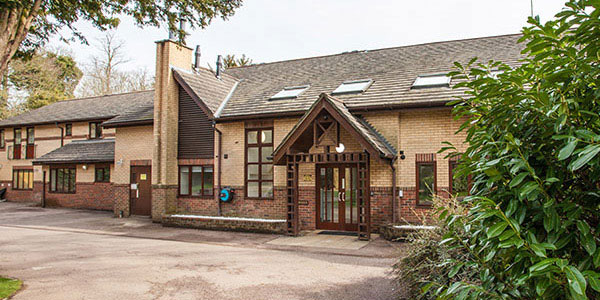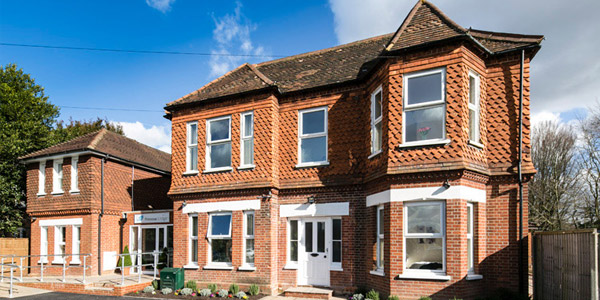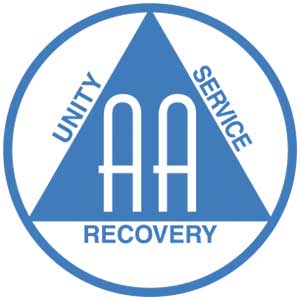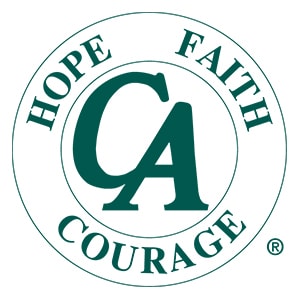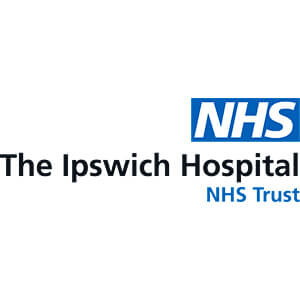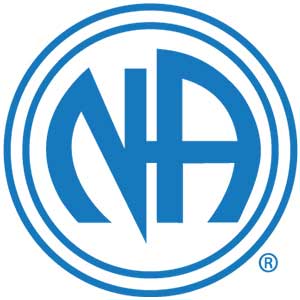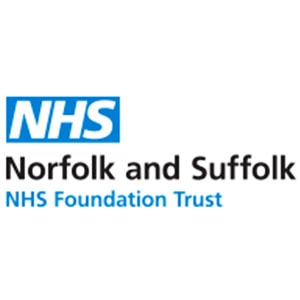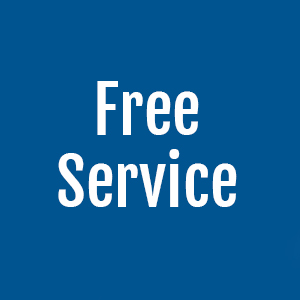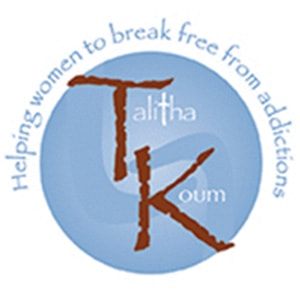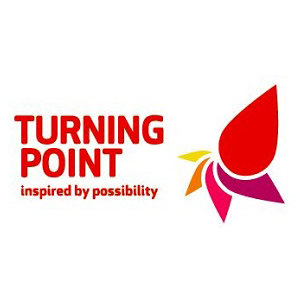Alcohol & Drug Rehab in Ipswich
No corner of the UK is now entirely immune to the ravages of addiction, and Ipswich has proven especially susceptible to the damage wrought by heroin and crack, as well as by more recent additions to dealers’ lethal catalogues such as spice and mephedrone (and, of course, legal substances including alcohol and prescription drugs).
Nevertheless, though the outlook may appear bleak, there are oases of hope: if you or a loved one are struggling with a substance abuse disorder you are now able to take advantage of the recent rise of numerous high-quality facilities dedicated to the treatment of addiction. Read on to discover how rehab could set you back on the path to happiness and success.
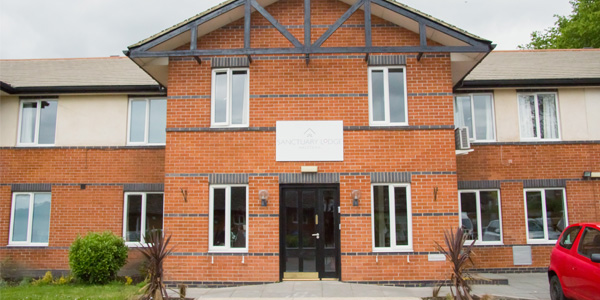
Sanctuary Lodge is a state of the art detox and rehabilitation facility, se…
- Private
- Holistic Treatment
- Onsite gym
- Residential
Featured Rehabs
Liberty House Clinic is a fully furbished detox and rehabilitation facility…
Banbury Lodge is a private UKAT rehab facility based in Banbury, Oxfordshir…
At Primrose Lodge we genuinely care that our patients make a full recovery …
-
- 12 Step
- Group Setting
- Free
- Outpatient
-
- 12 Step
- Group Setting
- Free
- Outpatient
-
- 12 Step
- Group Setting
- Free
- Outpatient
-
- 12 Step
- Group Setting
- Free
- Outpatient
-
- Eating Disorder
- Group Setting
- Free
- Outpatient
-
- Eating Disorder
- Group Setting
- Free
- Outpatient
-
- Women’s Service
- Group Setting
- Free
- Outpatient
-
- Under 18’s
- Group Setting
- Free
- Outpatient
- Load More
Drug & Alcohol Rehab Services in Suffolk
- A
- B
- C
- D
- E
- F
- G
- H
- I
- J
- K
- L
- M
- N
- O
- P
- Q
- R
- S
- T
- U
- V
- W
- X
- Y
- Z
What Is Rehab?

Commonly considered to be the most effective approach to the treatment of addiction, rehab (more formally “residential rehabilitation”) is the term used to describe both the process of attending a dedicated facility for a programme of treatment, and that facility itself (“going to rehab”). Rehab provides medically assisted and managed detoxification (“detox”) to deal with an addict’s physical dependency before putting patients through a therapy phase in which they will address the underlying causes of their addiction and begin to prepare themselves for a new start in life, free of substance abuse and full of hope, in the outside world.
Within rehab’s peaceful, secure and confidential environment, patients are able to devote themselves fully to their recovery with the assistance of a highly experienced medical and therapeutic team, without having to worry about being led into temptation or about details of their condition becoming common knowledge outside the facility. Rehab’s holistic approach to treatment provides a robust psychological and physical platform upon which a patient can begin to build a permanent recovery.
How Can I Get Someone into Rehab?
Because of addiction’s ability to destroy lives over a very short period – and because substance abuse can cause the death of the user at any time (either via overdose, or as a result of an accident or an intentional attack in which drink or drugs play a significant role) – it is absolutely imperative to seek professional help as soon as an addict is prepared to acknowledge their condition and request assistance.
The NHS offers a range of very good addiction treatment services; however, demand is extremely high (and growing), and waiting times can be distressingly long (while spaces for many of those services are limited). If you are struggling with a serious addiction and need help, time is of the essence: reach out to discuss some of the private options available to you with an addiction specialist. Call 0800 024 1455 today.
Advantages of Private Rehab
As mentioned above, rehab provides a setting which is extremely conducive to healing, contemplation and recovery: facilities tend to be attractive, quiet, secure (and, again, confidential) locations in which patients from all walks of life can begin to get back on their feet.
Upon entering rehab, and having been assessed by a medical team, an addict will embark upon a detox assisted by medical professionals there to ensure that the detox process and the experience of withdrawal is as safe and comfortable as possible. Once this phase is complete, and the patient’s system is cleansed of substances of abuse, they move into a period of therapy with different therapy models provided in a range of settings – both one-to-one and group – aimed at addressing the root causes of their addiction and developing the defence mechanisms necessary to safeguard against relapse.
Throughout their stay patients will also benefit from tailored dietary and fitness plans and from an array of other resources available (varying from one rehab to another).
Because recovery is not complete the moment a patient walks out of the facility, but is an ongoing process, at the end of a stay in any quality rehab, they will receive free aftercare for up to a year; this can help safeguard against relapse as well as ensuring that the patient feels they still have robust support during a crucial period in their recovery journey.
What Does Rehab Cost in Ipswich?
The cost of private rehab in or near Ipswich can vary significantly by treatment programme, and depending on which of a variety of optional extras are selected. As a rough guide, standard costs range from between £5,500 and £11,000 per month, though the cheapest rehab treatment can start from as little as £834 per week. For more details, call 0800 804 4755.
NHS Addiction Treatment Options near Ipswich
It is possible that you may feel that private rehab is not at present an option which is open to you, perhaps for reasons of cost or possibly because in your estimation is impossible for you to take the necessary time away from your family and job. It is always worth discussing this with an addiction specialist who may be able to give greater insight into your situation from an external perspective; however, if even following this conversation you remain convinced that rehab is not currently if you, do not despair: there are numerous NHS and charity resources in and around Ipswich which may be available to you in the fight against addiction. Reach out to your GP to discuss these resources and which might be the most appropriate for your situation.
Advantages of NHS Treatment
It should come as no surprise that the primary advantage of NHS treatment in many people’s eyes is financial: while private rehab comes at a cost which, as mentioned above, may be off-putting to some addicts (though which may pale into insignificance compared with the costs – financial, physical, emotional and other – of not getting help and continuing to suffer from addiction) NHS services are free at the point of use.
Moreover, the NHS offers high quality of service and one which is extremely accessible geographically thanks to the NHS’ provision of services right across the UK; it is however important to remember that quality does vary – sometimes significantly – from one trust to the next, while waiting times also very and can be extremely long.
Addiction Support Groups
A number of organisations exist across the country to provide assistance to recovering addicts, and some of these operate a support group model. Support groups are groups of individuals who are themselves recovering addicts – some only recently free from addiction, while others may have been clean for many years – and who come together at regular meetings to give and take mutual support: sharing their stories of addiction, giving advice on how to resist relapse, showing solidarity and sympathy when group members are struggling, and providing the simple companionship which can mean so much in times of difficulty and loneliness.
Support group attendees can come from all walks of life, brought together by their shared experience of addiction and recovery; typically, attendance at support groups is free and the only qualification for participation is a commitment to leading a life free of substance abuse.
The most famous support group organisation, and the one on which most others are modelled, is Alcoholics Anonymous (AA) which was founded in 1935 and runs on a 12-step programme of personal and spiritual development, with one of the steps being a recognition that a higher power – such as God – can assist with an alcoholic’s recovery. Narcotics Anonymous (NA), founded in 1953 and based directly upon the AA model, is the second-largest support group organisation worldwide and caters to recovering drug addicts specifically.
In a similar vein, but supporting those recovering from addictions to specific substances, are Cocaine Anonymous (CA), Heroin Anonymous (HA), Marijuana Anonymous (MA) and Crystal Meth Anonymous (CMA), all of which operate 12-step programmes. There are also support groups such as Al-Anon and Nar-Anon assisting the families and friends of addicts which typically hold meetings alongside those for the addicts themselves.
Support groups typically meet weekly, though each local chapter is managed independently and meeting times and venues are subject to change. To find information on meetings in or near Ipswich, see the relevant websites: Alcoholics Anonymous; Narcotics Anonymous; Cocaine Anonymous; Heroin Anonymous; Marijuana Anonymous; Crystal Meth Anonymous.
Types of Counselling

A lot of recovering addicts who are especially busy opt for individual counselling with private addiction counsellors (operating in similar ways to regular psychotherapists, albeit – understandably – with a strong focus on the challenges posed by addiction). These counsellors may be seen by private appointment (and charge accordingly) on an ongoing basis, usually roughly weekly with access typically limited to predefined working hours (though some are available in emergencies).
Individual counselling is often of particular interest to recovering addicts who have been through rehab and who wish to retain supplementary professional assistance during the next phase of recovery; and, on the other hand, by addicts – frequently busy professionals – who have not yet gone through rehab but are preparing to do so and who wish to try to manage their addictions prior to taking this step.
How to get to Sanctuary Lodge from Ipswich
Sanctuary Lodge is a state-of-the-art, 24-bedroom detox and rehabilitation facility set in a tranquil neighbourhood in the pretty market town of Halstead, Essex. Sanctuary Lodge’s high-quality facilities and highly experienced medical and support staff create the ideal environment in which to address the key questions at the heart of recovery from addiction, and to embrace its fully comprehensive holistic rehabilitation programme.
To get to Halstead from Ipswich, take the A1071 to the A1214 and thence to the A12. Follow that road until the A1124 exit to Halstead/Stanway; keep going along the A1124 until you reach Colchester Road, then follow signs for the town centre.



